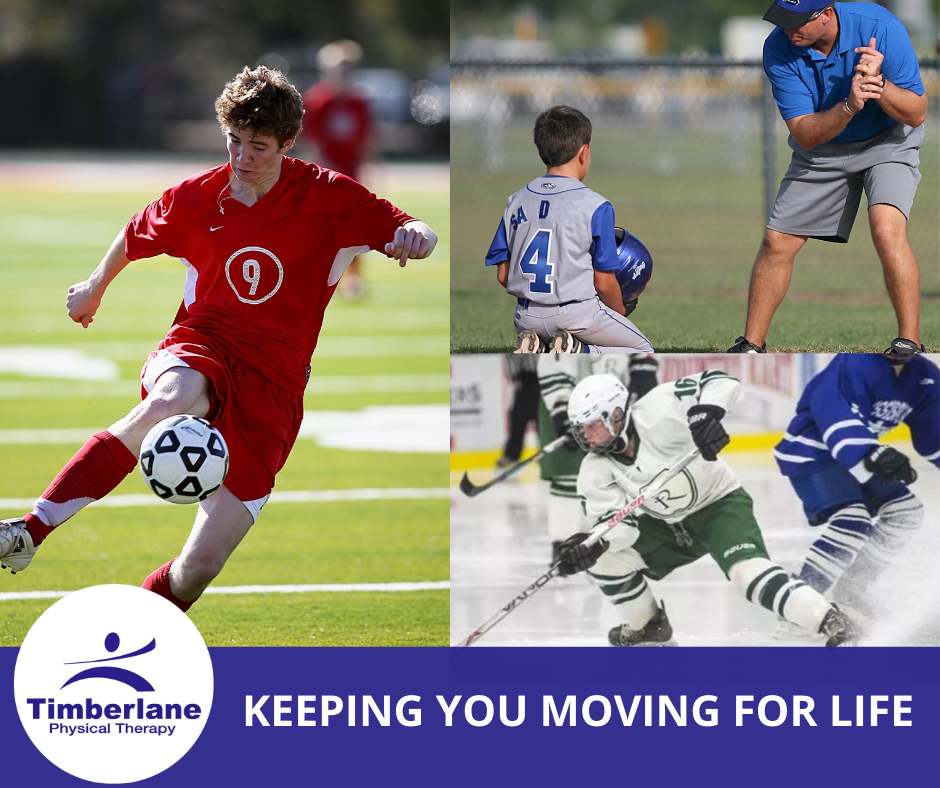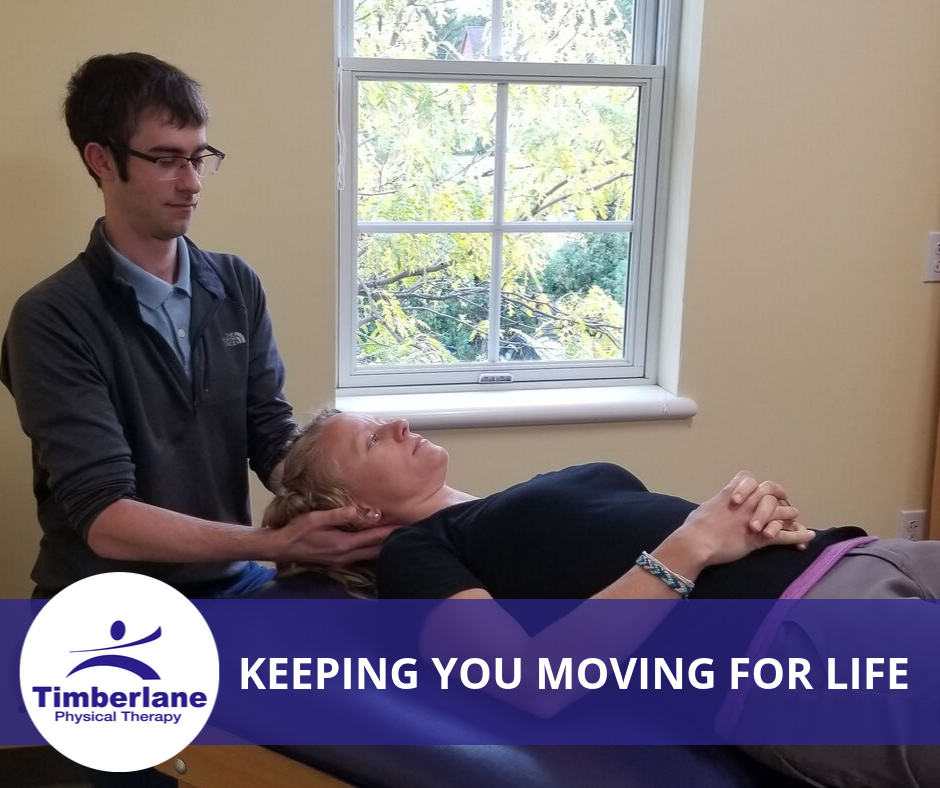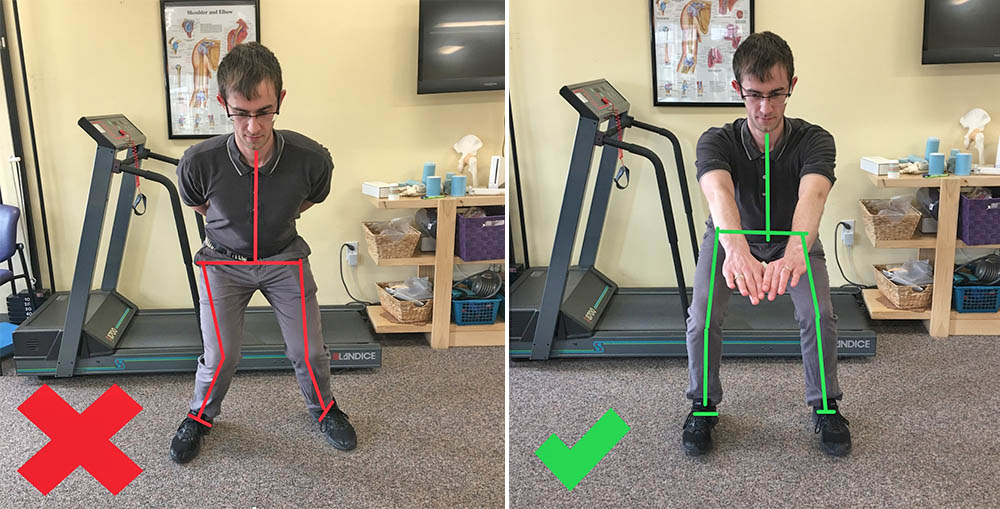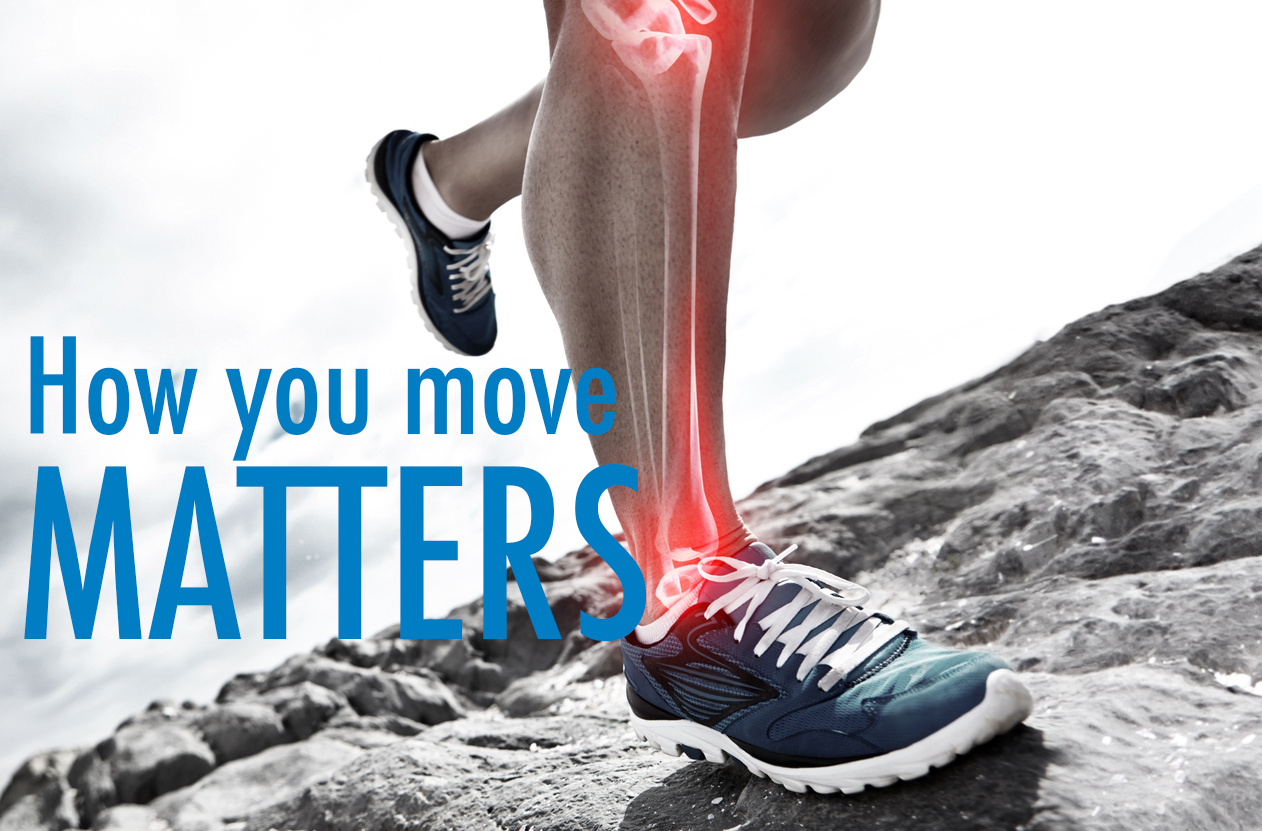Overuse vs Growing Pains
Many children between the ages of 3 to 12 years old, experience what is known as growing pains. It is important to understand the signs and symptoms to avoid future injuries. Growing pains Growing pain occur in the earlier stages of growth, not during the rapid growth of puberty. In general, there is no specific injury, and the pain is in various joints and muscles of the limbs, usually knees and hips. Some signs of growing pains include: Pain on both sides of the body Pain typically at night and usually worse after a day with more activity Pain subsides by morning With more children specializing in just one sport, we are seeing an increase in overuse injuries. These injuries can affect the athlete later on in their childhood and on into adulthood. We understand the pressure on children to get [...]
5 Quick Tips for Headaches
More than 47% of the world’s population are affected by headaches. Many people don’t think that a physical therapist is able to help with their headaches, but they are able to diagnose and find the root of the problem. For example, some headaches can come from neck trauma, head injury, jaw disorders, or poor posture. Take a quick minute and see if you answer yes to any of these following questions. Do you often: Wake up with a headache? Grind your teeth at night? Get a headache after sitting for a long time at the computer? Feel “knots” in your neck, upper back or shoulder? Sit most of the day? Here are 5 quick tips that can help you if you suffer from headaches. 1. Try physical therapy. Physical Therapists are skilled at identifying the musculoskeletal components that may be [...]
Poor leg mechanics can cause myriad back and other problems.
Has your someone ever told you getting different shoes will help with your back pain? Or that stretching your hips or back will help with your foot pain? It may sounds crazy, but problems with one area of the body often is being caused by bad movement elsewhere. A problem myself and other physical therapists see time and time again is poor leg mechanics causing problems at the back, knee, ankle and hips. When we push off to do movements such as:climb hills/stairs; stand/sit from a chair; run, or lift something heavy there is a lot of different joints and muscles involved in this chain of movement. If there is one weak link in the chain, it can cause problems with the whole movement and lead to wear in tear, or sudden injury of the one of the areas involved. [...]
My head is spinning: Treating vertigo with physical therapy
Vertigo refers to the sensation of motion – a whirling and loss of balance. Vertigo sufferers feel that they or their surroundings are spinning, even if perfectly still. If you experience vertigo regularly, you are not alone. It’s an extremely common condition, especially as we age. This sensation is highly disturbing and upsetting. Also, vertigo increases fall risk and the serious injuries associated with falls. Vertigo varies in intensity from person to person. For some, the sensation is so debilitating that it can spur a trip the nearest emergency room. Others deal with this sensation as a benign, but chronic, annoyance. Those with vertigo often experience dizziness, and sometimes, nausea. Often, vertigo starts immediately following a head movement, and it doesn’t take much. Just turning in bed or tilting back the head can trigger episodic vertigo. Many vertigo sufferers have sought [...]
Bringing knowledge from Timberlane PT over the globe.
I was especially busy this fall and winter. As many of you know, over the years, I developed a strong personal interest and expertise in helping treat lymphedema and other complications that arise following mastectomies or lumpectomies, and have been recognized internationally in this critical sub-specialty related to post-breast cancer surgery. In September, 2017, I was invited to be the keynote speaker for the Japanese National Lymphedema Conference in Osaka Japan. During my trip, I had the opportunity to travel to five other Japanese cities and present my clinical experiences and treatment recommendations to a variety of healthcare professionals. The following month, In October , I took another overseas flight – this time to attend the International Society of Lymphedema Conference in Barcelona, Spain to share expertise with Dr. Tobias Bertsch, Senior Physician for the Földi Clinic Hinterzarten, European Centre for [...]
Functional Movement Screens Can Help Avoid Spring Sports Injuries
Athletes, especially non-elite recreational athletes (most of us!) usually take their movements for granted and rarely consider how their movements during exercising impacts performance. After years of similar workouts, athletes incorrect movement patterns become habitual, and just because you've been doing something for years, doesn't make it right. Incorrect movement patterns are often the reason behind stagnant performance. They put a ceiling on your potential. Even worse, incorrect movements often typically performed contribute to injury. Those of us who are "injury prone" often move incorrectly. Strength and flexibility exercises sometimes are just not enough. A Functional Movement Screen (FMS) can make all the difference. An FMS assesses a wide variety of interconnected body movements and evaluates an athletes' musculoskeletal system in action. AnFMS not only helps athletes maximize their performance, but it also objectively determines when an injured athlete can safely [...]







Recent Comments